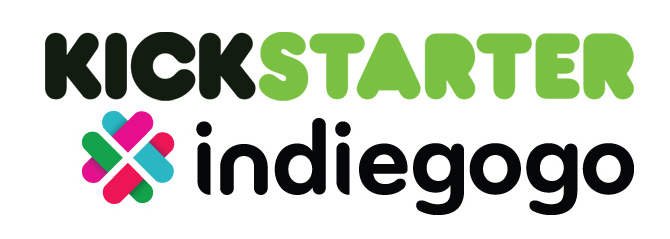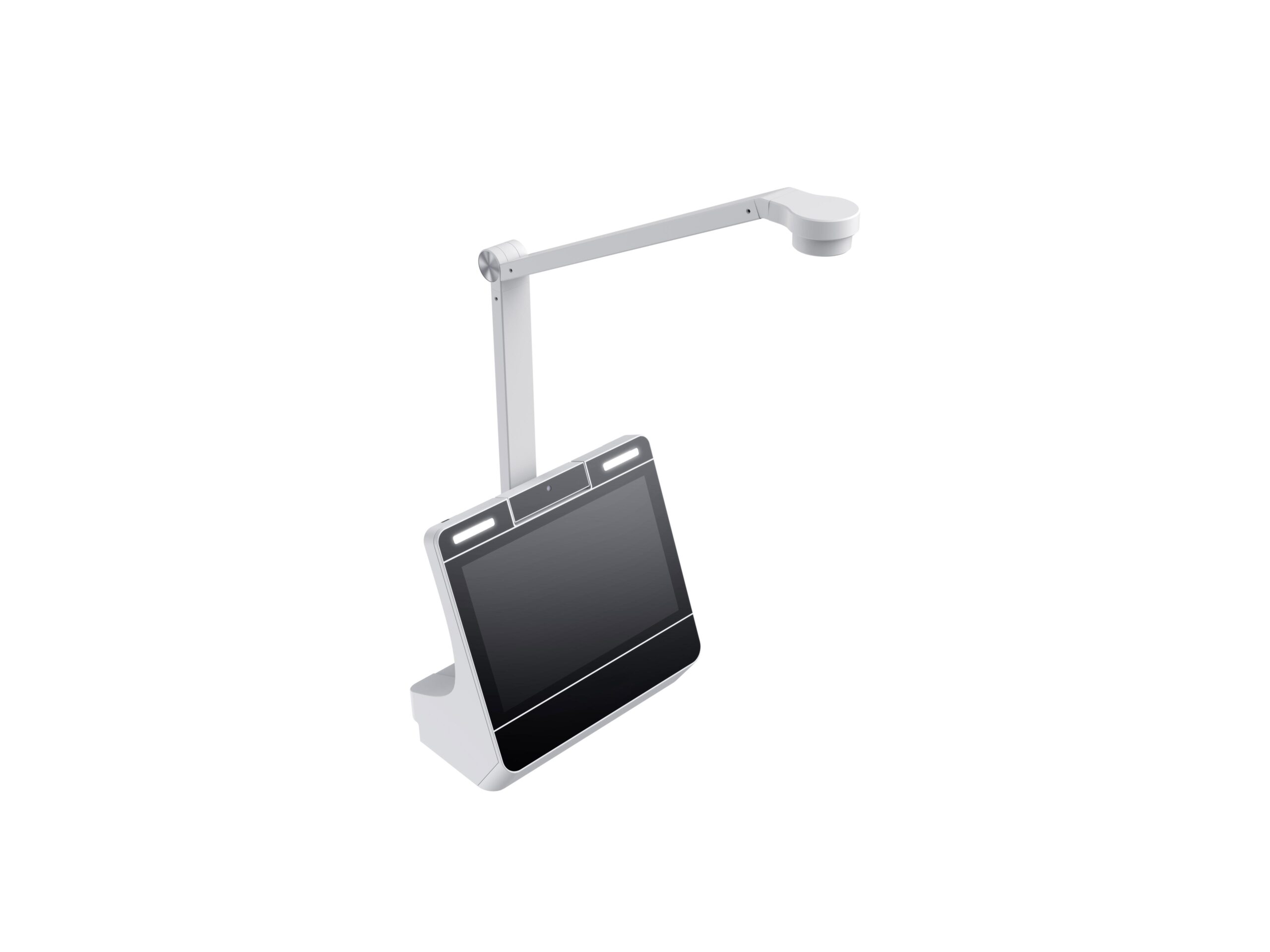Windfall or Windfail
Many entrepreneurs are testing the waters of crowdfunding platforms such as Kickstarter and Indiegogo. The dream of leveraging a cash campaign enough to take a concept to the consumer is trending, and trending hard, in startups around the world. Why is it then that so few of the many successful campaigns end up mismanaging their windfall into a windfail?

The obvious answer is that an idea is neither a business nor is it a product, and to many startups, establishing a business coupled with the obligation of having a pile of cash, orders to fill and backers to satisfy seems an impossible task to manage. However, by understanding the sea of issues that can arise and the available manufacturing options, startups can avoid catastrophic failure and get ahead of the game by making a plan and providing solutions to their manufacturing needs.
“An estimated 75% of all tech and design projects are delivered late”
Not to mention the countless other projects that never get off the ground. The learning curve for understanding international shipping regulations, multi-source manufacturing and other aspects of a global supply chain is but a few hurdles a product must face and bound before making its way to the store shelf. However, the common denominator for every issue a company not only can but will face is…cost.
Understanding how much money it will actually cost you to find overseas partners for all aspects of your supply chain is a large scale miscalculation that small scale startups cannot usually afford to make. How is it then that Kickstarters, IndieGoGo’s and thirsty techies can deliver their products?
The answer is simple, manufacturing. Manufacturing consists of many different routes, options, methods, and plans. However, once a successful campaign chooses a direction, whether it be licensing, sourcing or building their own factory their cost can become quite clear.
Can you afford this?
Minimum order can easily be between 50,000 to 100,000 units in order to get a factory to commit. Let’s just assume you are looking for a prototype so that you can license your idea and reap the rewards of royalties…what did you just say?
A factory is going to need to make an initial mold, purchase raw materials and pay labor and this is even before you can secure product protection through a license. You could always go the multi-source route and work with specialized partners from all aspects of the manufacturing realm; this, of course, is for the bold and ambitious entrepreneurs seeking massive gains from their revolutionary new product.
Seek out a design house, engineers and developers. You can even organize casting, casing and quality control if you like, but understand that dealing directly with these organizations is going to require contracts, negotiations, trips abroad and will be chalked full of expensive misunderstandings. Are you crazy? You could pledge to buy or build your own factory…That is of course what a large scale operation would do, isn’t it?
According to Dan Harris over at Chinalawblog.com; buying or building your own factory, specifically in China, is a huge mistake. The costs of registering an enterprise in China alone could easily exhaust all of your precious startup capital and is a task not to be taken lightly, even by large scale tech companies. If all of this is true, then how could it be profitable to bring your small idea to the big stage?
Find someone to do it for you, while maintaining control over the manufacturing process and your product.
There will undoubtedly be many different components to your supply chain, and you can be certain that one of your many suppliers will ask you if you would like them to coordinate all of your supplier relationships on your behalf. They will offer extensive services and working relationships with any and all parties that could be involved in the manufacturing of your product.
The goal here is to exploit global efficiencies and cut into your operating expenses; all the while maintaining the integrity of your product, most importantly, the quality. Your best option is to look for a company who has checked in all of the right boxes.
Manufacturing is about managing your supply chain and you need to find someone who has experience in global and multi-sourcing. A company with active relationships alongside manufacturers, suppliers and who offers volumes in the industry track record. Finding a complete supply chain solution with experience communicating and working with specialized suppliers on a multi-source platform can help turn your campaign into the cash cow you have been dreaming of.
Yours truly, Ben Dolgin-Gardner, Hatch founder and Manufacturing Solution Expert


